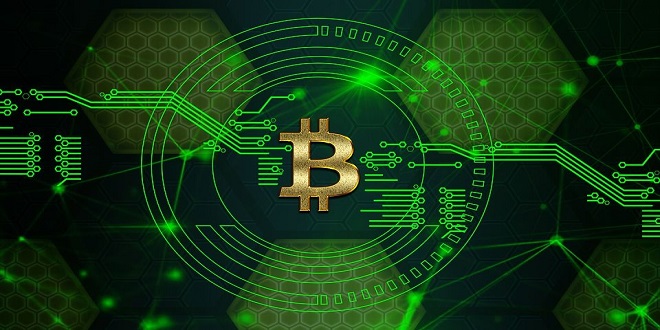Cryptocurrency exchanges are a vital part of the cryptocurrency ecosystem. They are the primary way new investors get access to the market, and they also provide the primary way to sell your digital assets. These days, it’s also becoming one of the most targeted points of attack for hackers.
Most of the attacks on exchanges involve hackers trying to gain access to user wallets. That’s because the vast majority of cryptocurrency users hold their assets in those wallets. Some of these attacks have been quite successful. For example, Binance was hit with a massive attack in June that resulted in hackers getting away with over $40 million in cryptocurrency.
Cryptocurrency exchanges have also been targeted by hackers from within the industry. This is because many of these exchanges are also crypto to crypto exchanges. In other words, they provide a secondary market for Cryptocurrencies. That means scammers can easily buy up low-value crypto assets and then resell them at a high price. The operators of these exchanges have no way to verify the identity of users of their platform, and that makes them very attractive targets for hackers.
Even though cryptocurrency exchanges can be quite risky, they’re still an important part of the ecosystem. As such, we’ll take a look at some of the security features cryptocurrency exchanges are missing.
- Platforms with No Fiat Trading.
Many cryptocurrency exchanges don’t allow you to exchange fiat for Cryptocurrencies. That means you can’t use your dollars or euros to buy bitcoins. This is a huge problem because it prevents new investors from entering the market and makes it difficult for traders coming from the old financial world to enter the crypto world.
Some of the biggest exchanges that don’t support fiat trading are Coinbase and Gemini. They say this is done to avoid any potential conflict of interest with regulators and law enforcement, but it’s also just one more barrier preventing new investors from getting into the market. In some cases, this has even led to price manipulation by crypto whales as they have no way to convert their digital assets into real-world money.
- Cold Storage Wallet Support.
One of the most common ways to protect your cryptocurrency portfolio is by using a cold storage wallet. This type of wallet doesn’t connect to the internet. As such, it can’t be hacked or compromised. One of the advantages of cold storage wallets is that they provide additional security for users who hold large amounts of cryptocurrency assets.
Some exchanges, like Bitcoin Up, offer cold storage wallets for users. However, most exchanges don’t have any sort of cold storage at all. That means that even if you use a hot wallet for day-to-day transactions, there’s still a risk that hackers will be able to get access to your account easily and make off with your coins.
- Only Realtime Trading.
Many cryptocurrency exchanges still don’t have real-time trading. This means that a user has to place a buy or sell order, and the exchange will process it at an unspecified time in the future. This is one of the things that many experienced investors don’t like about this type of exchange.
It also makes it difficult for traders to make sure they are in the most efficient market possible.
Finally, some cryptocurrency exchanges still don’t allow withdrawals during periods of high volatility, which can be frustrating for users who bought a token at a very low price only to see those prices skyrocket later on.
- Identity Verification.
One of the most common security features that cryptocurrency exchanges lack is identity verification. This means that a hacker can buy up low-value assets and then resell them at a high price. The operators of these exchanges have no way to verify the identity of users of their platform, which makes them very attractive targets for hackers.
- Two Factor Authentication.
With cryptocurrency exchanges, you are dealing with a lot of sensitive information. That’s why it’s critical to use two-factor authentication (2FA). 2FA is a security measure that requires users to enter their password and also provides an additional factor, like their phone number. The idea is that if someone hacks into your account and steals your password or emails it to themselves, they cannot log in without the second step. That’s because they would need your phone number as well.
This sounds like a good solution for exchanges, but unfortunately, not all exchanges support 2FA today. For those that don’t, you might want to consider signing up for an app like Authy or Google Authenticator. These apps provide the same level of protection as 2FA on their own, but they also allow you to receive push notifications when new login attempts occur on your account.
Other ways that you can protect yourself include using email confirmation and enabling two-step verification on your Google or Gmail account. There are plenty of other options out there as well if you want something more customizable than default security measures from the exchange itself or Google Authenticator app.
Conclusion.
Crypto exchanges are a necessity for the cryptocurrency industry, but it’s important to know the risks that come with them. It is important to keep your cryptocurrency funds safe and secure, but crypto exchanges are not always the most reliable option. Check out these five security features that exchanges should have to keep your funds safe.
 Pagalsogns.me
Pagalsogns.me




